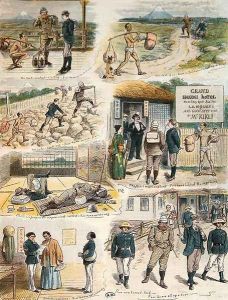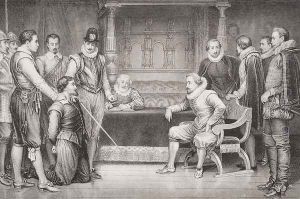Ralston, William Paintings
William Ralston Shedden-Ralston, born in 1817 in London, England, was not primarily known as a visual artist but rather as a key figure in the realm of literature and translation, particularly for his work with Russian folklore and tales. His contributions to the art world are more intangible, lying in the realm of cultural exchange and the introduction of Russian folklore to the English-speaking audience, rather than in painting or sculpture.
Ralston's education at Cambridge University provided him with a strong foundation in languages, which he utilized in his career as a translator and writer. His fascination with Russia and its culture began early in his career, leading him to learn Russian and immerse himself in the country's literary and folkloric traditions. Throughout the mid to late 19th century, Ralston became a pivotal bridge between Russia and the West, translating a significant body of work that included Russian fairy tales, folk stories, and literary pieces.
His most notable contribution to the field of art and literature was his translation and popularization of Russian fairy tales in England. These works were seminal in introducing the rich tapestry of Russian folklore to a broader English-speaking audience, thereby influencing Western perceptions of Russian culture and inspiring interest in Slavic mythology and storytelling traditions. His translations were celebrated for their fidelity to the original texts and their ability to capture the vibrant spirit of Russian folklore.
Ralston's dedication to Russian literature and folklore also led him to form close friendships with many prominent Russian writers and intellectuals of the time, such as Fyodor Dostoevsky, whom he met during the Russian author's visit to England. These relationships further enriched Ralston's understanding and appreciation of Russian culture, which he tirelessly worked to share with the English-speaking world.
William Ralston Shedden-Ralston died in 1877, leaving behind a legacy as a cultural ambassador who significantly contributed to the cross-cultural exchange between Russia and England. Through his translations and writings, he played a crucial role in the dissemination of Russian folklore, impacting not only the literary world but also the broader realm of cultural understanding between these two distinct cultures.

